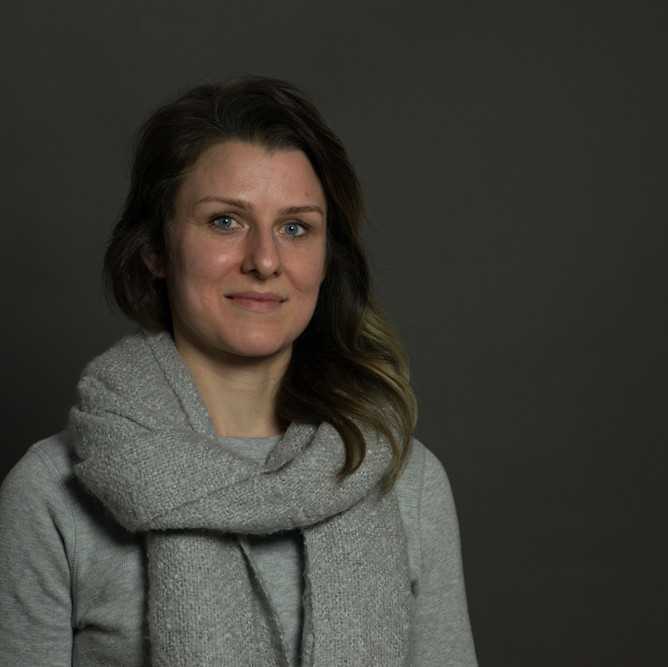Jessica Sitek
Biography Narrative
Jessica Sitek is guided by the axiom: life is relationships. Barriers exist that obstruct our ability to be in relationship. Our biases, prejudgments, misunderstandings and lack of knowledge can impair our ability to connect with others. As a result, Ms. Sitek sees the principles of dialogue as a necessary starting point to recognize and overcome these obstacles, to truly listen and understand, and therefore connect with others in a meaningful way. Ms. Sitek has a Master of Arts in Religious Studies from Temple University where she studied under Dr. Leonard Swidler, a pioneer in
interreligious dialogue. She has worked with Swidler as a Dialogue Institute (DI) Associate, and traveled to Turkey and Iraq as a DI representative. She has spent some time working in the non-profit sector, specifically in an interfaith context, joining people of various backgrounds and faiths to work on common goals in peace and justice. Ms. Sitek is currently an Adjunct Faculty at Macomb Community College teaching comparative religions. Ms. Sitek is aware of the limits of individual perspective, the importance of dialogue for expanding understanding, and the need for independent critical thinking. These three serve as the foundation for her educational objectives in the classroom. Ms. Sitek also aims to cultivate empathy as a natural byproduct of dialogue and critical thinking. Her interest in intercultural and interreligious dialogue has expanded to include intergenerational dialogue, and Ms. Sitek is actively exploring dialogue across generations in her daily life in the interest of formalizing programs for intergenerational exchange. Ms. Sitek is also an aspiring beekeeper.
Interreligious Activities and Initiatives
Religion and Food; the ethical and spiritual dimensions of eating

